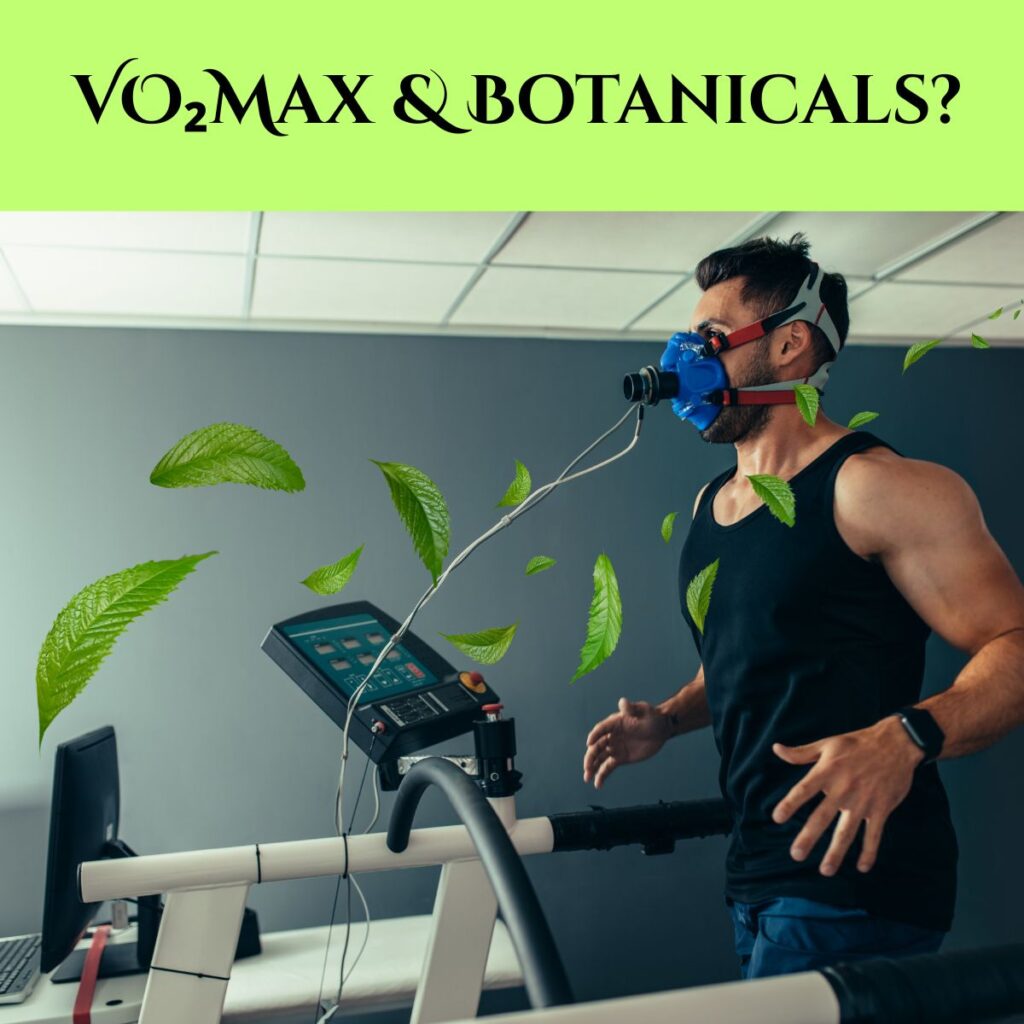When we think about “health metrics,” most people immediately picture cholesterol, blood pressure, or blood sugar…
But there’s one measure that may trump them all when it comes to predicting how long, and how well, we live: VO₂Max.
VO₂Max, or maximal oxygen uptake, is the body’s ability to utilize oxygen during intense exercise. In other words, it reflects the combined efficiency of your heart, lungs, blood vessels, and muscles. It’s essentially an integrative snapshot of how well your whole system works under stress.
Large cohort studies have consistently shown that:
· Higher VO₂Max is strongly correlated with lower all-cause mortality
· The fittest individuals (upper quartiles in VO₂Max) have dramatically lower risk of early death than those in the lowest quartile
· VO₂Max outperforms traditional biomarkers in predicting longevity
Why does this matter? Because unlike some genetic factors, VO₂Max is highly trainable.
Interval training, consistent aerobic activity, and even strategic strength training all push this number upward, meaning we have agency in improving one of the strongest predictors of lifespan.
💡 📈 In functional medicine, we often talk about upstream root causes. VO₂Max sits at a fascinating crossroads, as it captures mitochondrial efficiency, cardiovascular resilience, and metabolic health in one elegant, measurable number.
Even more exciting: Several botanicals have shown potential effects on VO₂max in human studies:
· Ashwagandha (Withania somnifera): Multiple randomized controlled trials and a meta-analysis suggest that Ashwagandha supplementation may enhance VO₂max in both athletes and non-athletes, likely by improving cardiovascular fitness and adaptation to physical stress. Doses from 300mg to 1,000mg per day over 2–12 weeks have been associated with significant improvements, with an increase of up to 13.6% in VO₂max reported in some studies.
· Hibiscus sabdariffa (Roselle): Thirty days of daily Hibiscus tea intake was reported to significantly improve VO₂max in healthy adults, particularly in those with initially low cardiovascular fitness.
· Green Tea Extract: Short-term supplementation with green tea extract (prior to aerobic exercise) was found to significantly increase VO₂max compared to placebo.
· Rhodiola and Cordyceps: Preliminary studies suggest these adaptogenic herbs may support endurance and potentially affect VO₂max. Some research indicates improved oxygen efficiency and time to exhaustion, which could indirectly contribute to higher VO₂max.
· Gynostemma pentaphyllum: Early-stage research mentions this botanical as having potential to support VO₂max and endurance.
VO₂Max: The Longevity Metric We Can’t Ignore & Botanicals May Influence 🚀 🌿

